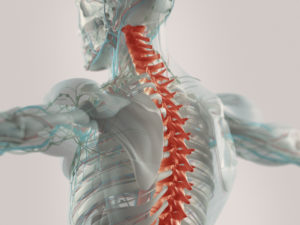A February 2015 report from the National Highway Transportation Safety Administration should give pause to anyone who believes that the proverbial “just two glasses of wine with dinner” leaves them safe to drive.
My Virginia Beach-based attorney colleague Randy Appleton has already highlighted other findings from the NHTSA crash analysis in that city. The insight I want to call to readers’ attention is that any detectable amount of alcohol in a driver’s system appeared to raise his or her risk for getting involved in a traffic accident.
Data collected from 3,000 individuals in Virginia Beach who had accidents, as well as 6,000 people who did not crash, reveal that risks began rising significantly when drivers had a BAC of just .05. That is less than the legal limit of .08 in all states. And even though accident risks rose along with degrees of intoxication, the real-world data indicate that consuming almost any amount of alcohol within an hour of driving puts people at danger for suffering or inflicting property damage, injury and even death.
Different people respond to alcohol in different ways, but a good rule of thumb is that it takes one hour to fully metabolize one alcoholic beverage. Anyone wanting to more accurately calculate how much beer, wine or liquor they can drink within a certain time period can enter all the relevant variables — including their sex, weight and tipples of choice — into this website maintained by the University of Notre Dame student health center. The short answer to nearly any equation is that it takes fewer drinks than most people realize to reach legal impairment, as well as more time to sober up.
Drunk driving is becoming less common as U.S. residents increasingly take to heart admonitions to designate a driver, take a cab or just stay home. Now, the challenge seems to be convincing everyone that buzzed driving also constitutes an unacceptable risk. If that happens, I may never have to help a victim of a DUI/DWI crash again, and I’ll be glad.
EJL









Comments for this article are closed.